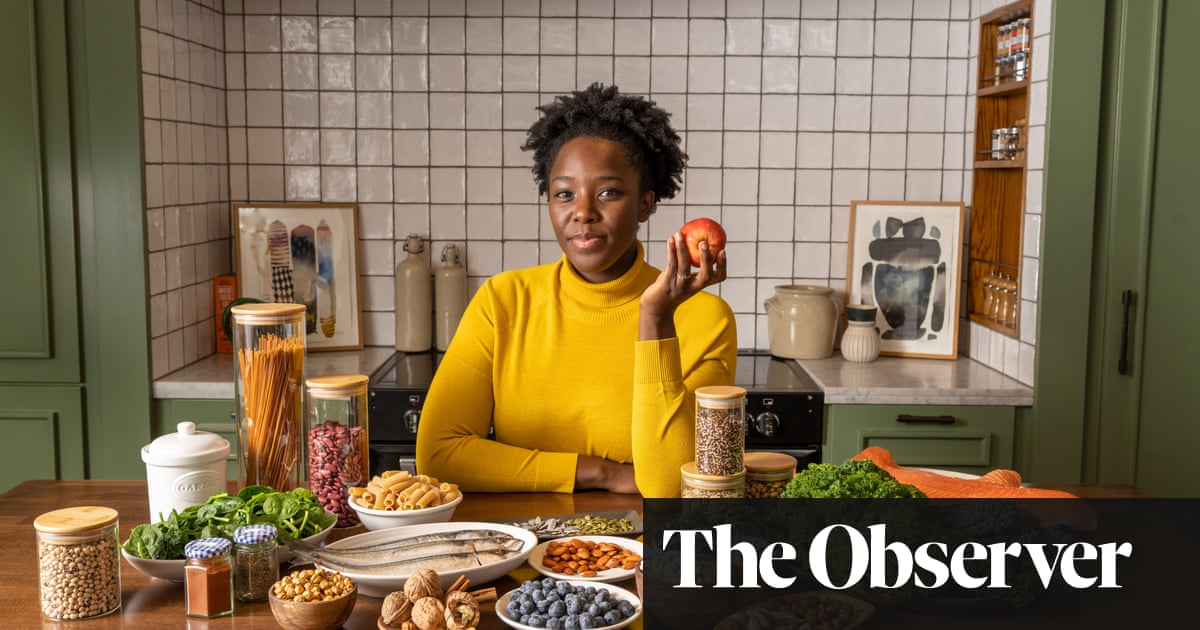
I was a bookish, quiet and nerdy child. I felt like an outsider, although I wonder if most kids feel that. I was rarely wild – being a black kid in east London, I was always aware of assumptions being made and of what others might get away with, but I might not.
My earliest memory is having a picnic on the UK coast: sandwiches, chicken drumsticks in tinfoil and a windy car park. It’s a happy one, for sure.
Memories are often fallible. We often forget difficult times. Part of therapy is re-evaluating and reframing memories in light of new information. It’s less about what happened and more about how we understand it.
There has been a lot of neurological illness in my family – motor neurone disease, Guillain-Barré syndrome, multiple sclerosis. I grew up with a familiarity with nerves that don’t work as they should. It meant GCSE biology felt familiar. Then, I found psychology.
I’m incredibly conscious of the shortness of life. It’s why I take risks and try new things: I’ve done parachute jumps, paraglided solo in Nepal. I want to taste the whole human experience. I want that for my patients, too. To help them repair what is damaged, move on from what is ended, heal from pain, but also to see the opportunities in the here and now, and to make fun a key part of living.
An English teacher recommended I apply to study at Oxford University. I didn’t, because I was frightened I wouldn’t fit in. I regret not trying.
All trainee psychologists are dicks, myself included. With that first little bit of knowledge, you start to psychoanalyse everyone, impose concepts and theories on situations. Then you realise that going to a few lectures doesn’t make you a leading expert. I’m truly sorry for being insufferable.
We like to think of ourselves as individual and smart, but actually we’re all fairly predictable.
Be honest with me, wherever possible. Being treated like a fool winds me up no end. We’ll get on much better if you’re straight with me. It’s not just that I dislike dishonesty. Honestly? I think it makes you seem weak. Own the truth.
Patients do tell me I don’t let them get away with anything. They imagine I’ll be lovely, chatty and passive, when in fact I think good therapy – while needing to feel safe and supportive – should also be challenging. You should be made to think not just about what has happened to you, but what you do to yourself, and to others.
Eat more beans. Believe me, they’re the answer to most of your, and the planet’s, most pressing problems. You can’t have good mental health without a well-functioning brain, and you can’t have a well-functioning brain without good nutrition.
People don’t tend to give me advice. I come across, almost certainly, as a bit of a know it all. But I do appreciate it. Once, someone told me I always had my shoulders up, and a manicurist moisturising my hand once said: “You don’t know how to relax.” These things helped me realise how tightly wound I was.
I’ve sat on lots of committees and boards, often applying because without me, there wouldn’t be a black person at the table. There’s a massive discrepancy between black people as users of mental health services and being providers of them. That needs to change urgently.
Lying in the sun. Foraging for elderflowers. Making pickles. Dancing. Singing in a choir. These are the things that make me happy. Find yours and do them at every opportunity.
Unprocessed by Kimberley Wilson (WH Allen, £10.99) is available from guardianbookshop.com for £9.67
